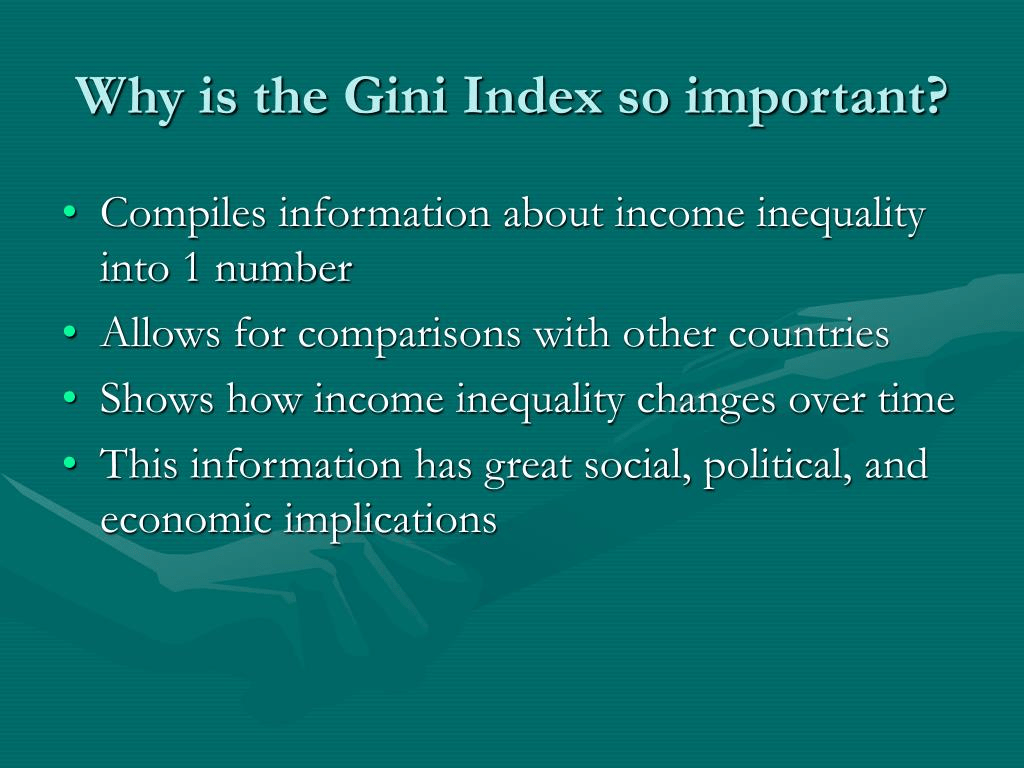The Gini index is widely used in social and economic studies, and methods for inference and estimation have been proposed for its application in analyzing inequality in semi-continuous populations. Additionally, he has shown that the Gini index can be understood as the degrees of certain Kostka-foulkes polynomials, allowing for a generalization to complex reflection groups or connected reductive linear algebraic groups. Grant Kopitzke has also investigated the Gini index on integer partitions, proving combinatorial results and an identity for the expected value. Grant Kopitzke and Christian Karpfinger have both explored the discrete Gini index on the set of integer partitions with at most n parts, and its emergence in the representation theory of the complex general linear group. The index can be defined on various sets, such as integer partitions, and has connections to representation theory and algebraic combinatorics. It is commonly applied in economics to assess income or wealth inequality. The Gini index is a function used to measure the level of inequality in the distribution of a finite resource within a population.

